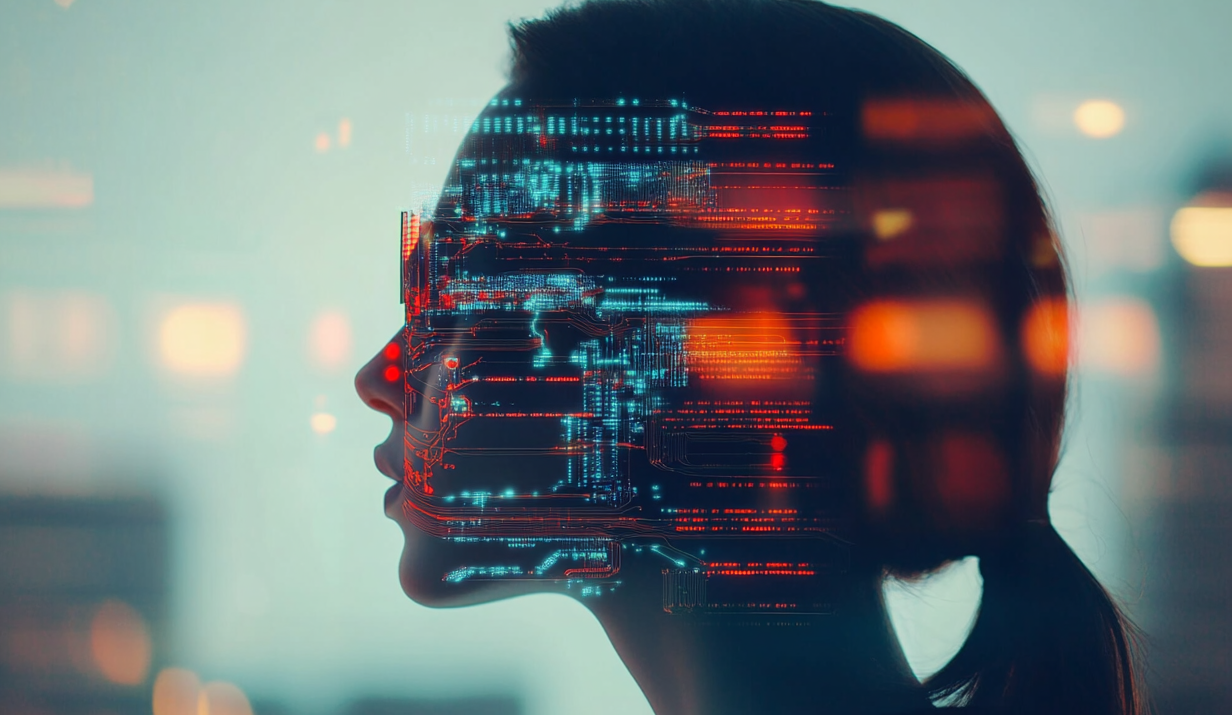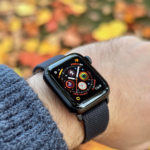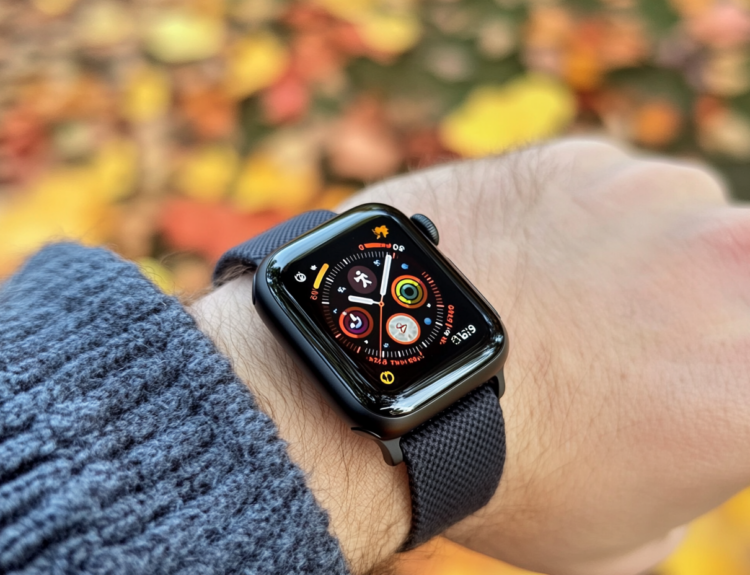The fear of artificial intelligence (AI) taking over jobs has been a hot topic for years, often fueling dystopian narratives about mass unemployment and human obsolescence. But here’s the reality: AI is indeed transforming the workforce, but not in the way you might think. Instead of replacing humans en masse, AI is acting as an assistant, a collaborator, and even a job creator in ways that are reshaping industries rather than eliminating them. If anything, the future of work is looking less like The Terminator and more like Iron Man—where AI augments human abilities rather than replacing them.
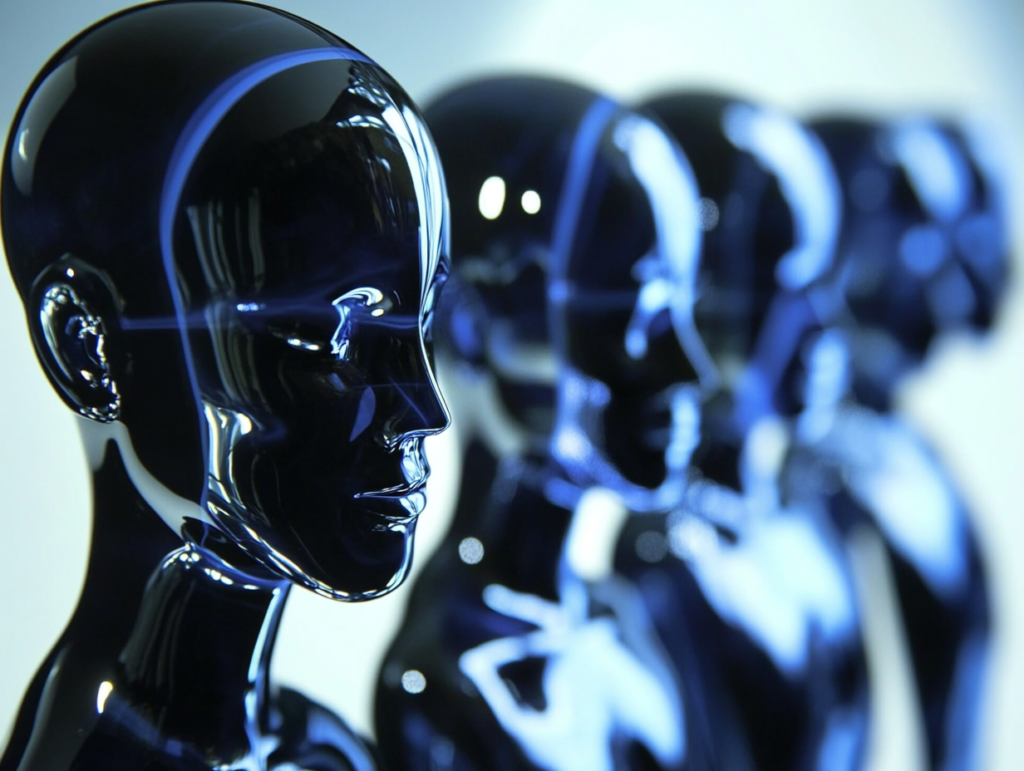
The Automation Fear Factor
Historically, new technologies have always disrupted the job market. From the Industrial Revolution to the rise of the internet, innovation has led to shifts in labor but has also created new opportunities. The same is happening with AI. According to a report from the World Economic Forum, automation is expected to displace around 85 million jobs by 2025, but it will also create 97 million new ones in fields we may not have even imagined yet.
So, while AI-driven automation will undoubtedly make some traditional roles obsolete, it will also open doors to roles that require uniquely human skills such as creativity, emotional intelligence, and complex problem-solving.
AI as an Assistant, Not a Replacement
Rather than stealing jobs outright, AI is making existing jobs more efficient. Here are a few ways this is happening:
1. Augmenting Productivity
AI-powered tools are streamlining workflows across industries. In fields like marketing and content creation, AI-driven platforms like ChatGPT and Jasper help draft emails, create content ideas, and optimize ad campaigns. Instead of replacing human workers, these tools allow professionals to work faster and focus on high-level strategy rather than tedious tasks.
In programming, AI-powered assistants like GitHub Copilot help developers write code more efficiently. These tools don’t eliminate software engineers; they help them debug faster and write cleaner code, reducing the time spent on repetitive work.
2. Enhancing Human Decision-Making
AI is revolutionizing data analytics, helping professionals make better, faster, and more informed decisions. Financial analysts, for instance, now use AI algorithms to detect market trends and predict investment opportunities. Doctors leverage AI-powered diagnostics to identify diseases more accurately and at earlier stages. Instead of making human expertise irrelevant, AI is elevating it.
3. Creating Entirely New Jobs
With AI taking over routine tasks, new job opportunities are emerging that require human oversight, management, and ethical considerations. Roles such as AI ethicists, data trainers, and prompt engineers didn’t exist a decade ago, yet they are becoming crucial in industries integrating AI into their operations. Additionally, businesses need professionals who can fine-tune AI models, interpret AI-generated insights, and ensure that AI systems operate ethically and transparently.
The Rise of AI-Human Collaboration
One of the most exciting developments in AI is its ability to act as a creative and intellectual partner. In industries where human intuition and judgment are paramount, AI is proving to be a powerful co-pilot rather than a competitor.
For example, in the legal field, AI can analyze vast amounts of legal documents in minutes, a task that would take human paralegals days or weeks. However, interpreting and applying the law still requires human expertise. Similarly, in journalism, AI-generated summaries help reporters digest complex stories faster, but investigative journalism remains an inherently human endeavor requiring context, nuance, and ethical decision-making.
Jobs That AI Will Struggle to Replace
Despite its rapid advancement, AI has significant limitations. It lacks human emotions, intuition, and the ability to think critically in the way that people do. This means certain professions are far from being automated. Jobs in healthcare, education, creative fields, and skilled trades are likely to remain in human hands for the foreseeable future.
1. Creative Professions
Artists, musicians, filmmakers, and writers bring something to the table that AI currently cannot replicate—emotions, personal experiences, and a deep understanding of culture and storytelling. While AI can generate images, music, and even scripts, it often lacks originality and depth.
2. Skilled Trades
Plumbers, electricians, mechanics, and construction workers rely on hands-on expertise, problem-solving, and adaptability to various job conditions. AI-driven robots may assist in certain tasks, but human dexterity and intuition remain irreplaceable.
3. Healthcare Workers
While AI can assist doctors with diagnostics and treatment planning, the human touch in patient care is irreplaceable. Nurses, therapists, and medical practitioners provide emotional support, ethical decision-making, and complex problem-solving that AI simply cannot replicate.
4. Education and Human Services
Teaching and social work require deep emotional intelligence and interpersonal skills. While AI-powered tutoring systems can help students learn faster, human teachers provide mentorship, inspiration, and moral guidance that machines cannot.
Preparing for the AI-Powered Job Market
Rather than fearing AI, the best approach is to adapt and leverage it to our advantage. Here are a few ways professionals can future-proof their careers:
1. Develop Soft Skills
The jobs least likely to be automated require emotional intelligence, leadership, and adaptability. Strengthening communication, teamwork, and problem-solving skills will keep professionals valuable in an AI-driven workforce.
2. Learn to Work with AI
AI literacy is becoming an essential skill across industries. Learning how to use AI-powered tools effectively can make workers more competitive and increase efficiency.
3. Continuous Learning
The job market is evolving, and staying ahead requires ongoing education. Whether through online courses, certifications, or hands-on experience, professionals who continuously upskill will be best positioned for the future.
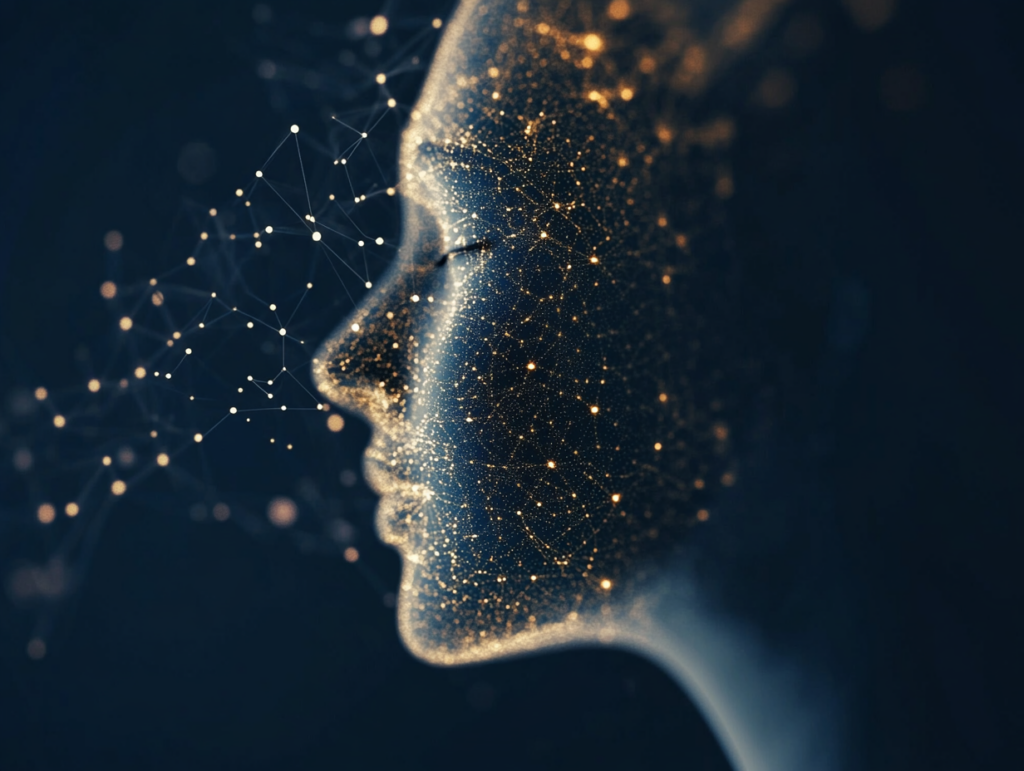
Conclusion: The Future is AI-Enhanced, Not AI-Dominated
AI isn’t coming for your job; it’s coming to change it. The fear of AI-induced unemployment often overlooks the new opportunities and efficiencies AI brings to the workforce. While some jobs will be automated, many more will be augmented, enhanced, and even created.
The key to thriving in this new landscape is to embrace AI as a tool, not a threat. Those who learn to work alongside AI, develop irreplaceable human skills, and stay adaptable will find themselves not just surviving but thriving in the AI-powered world of work. The future isn’t about AI replacing humans—it’s about humans and AI working together to achieve more than ever before.


